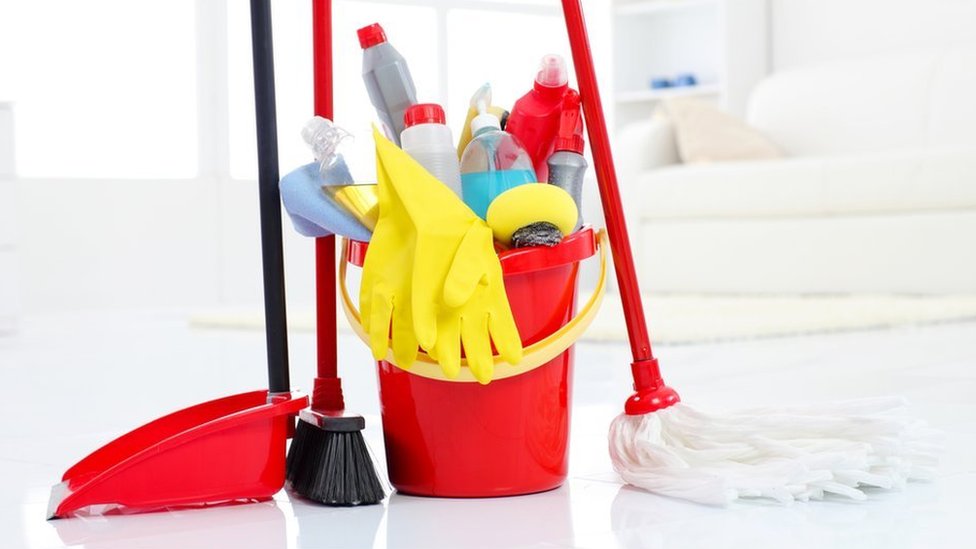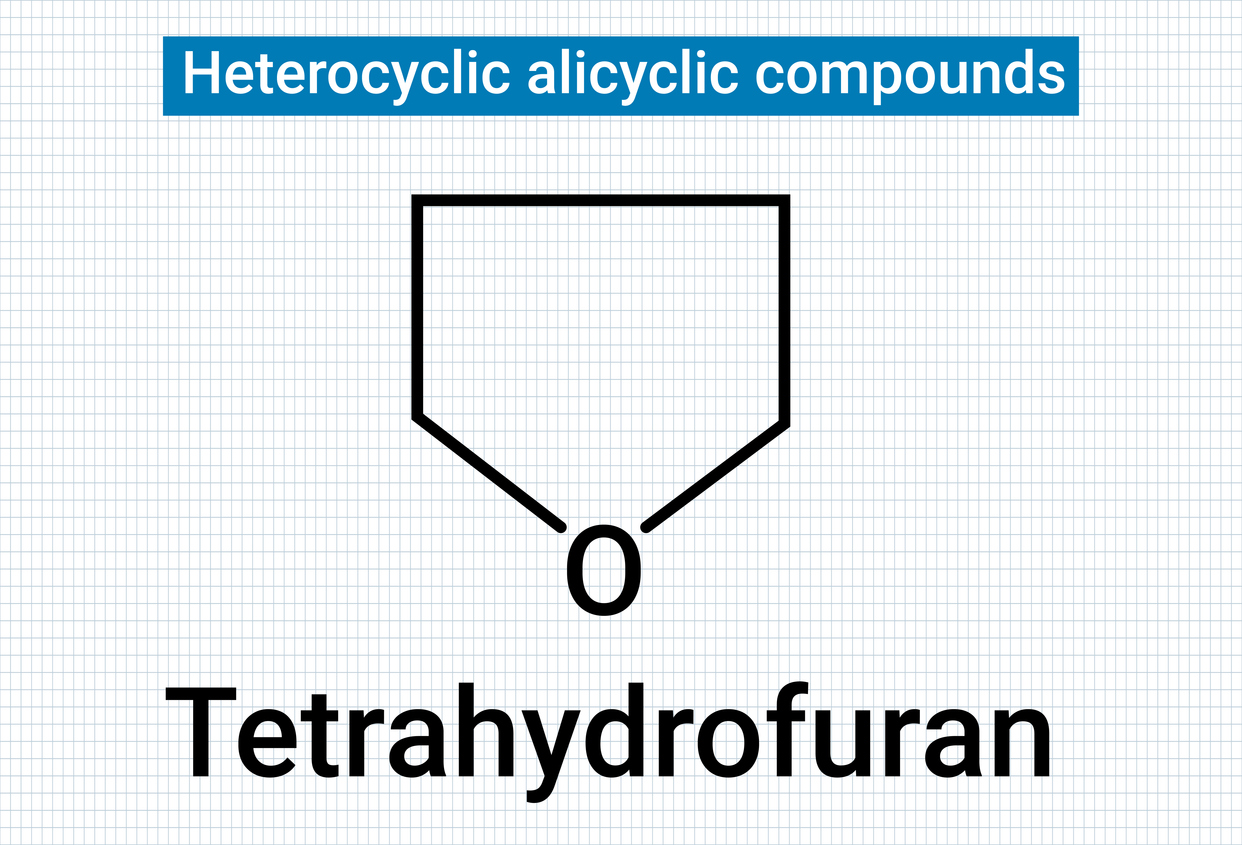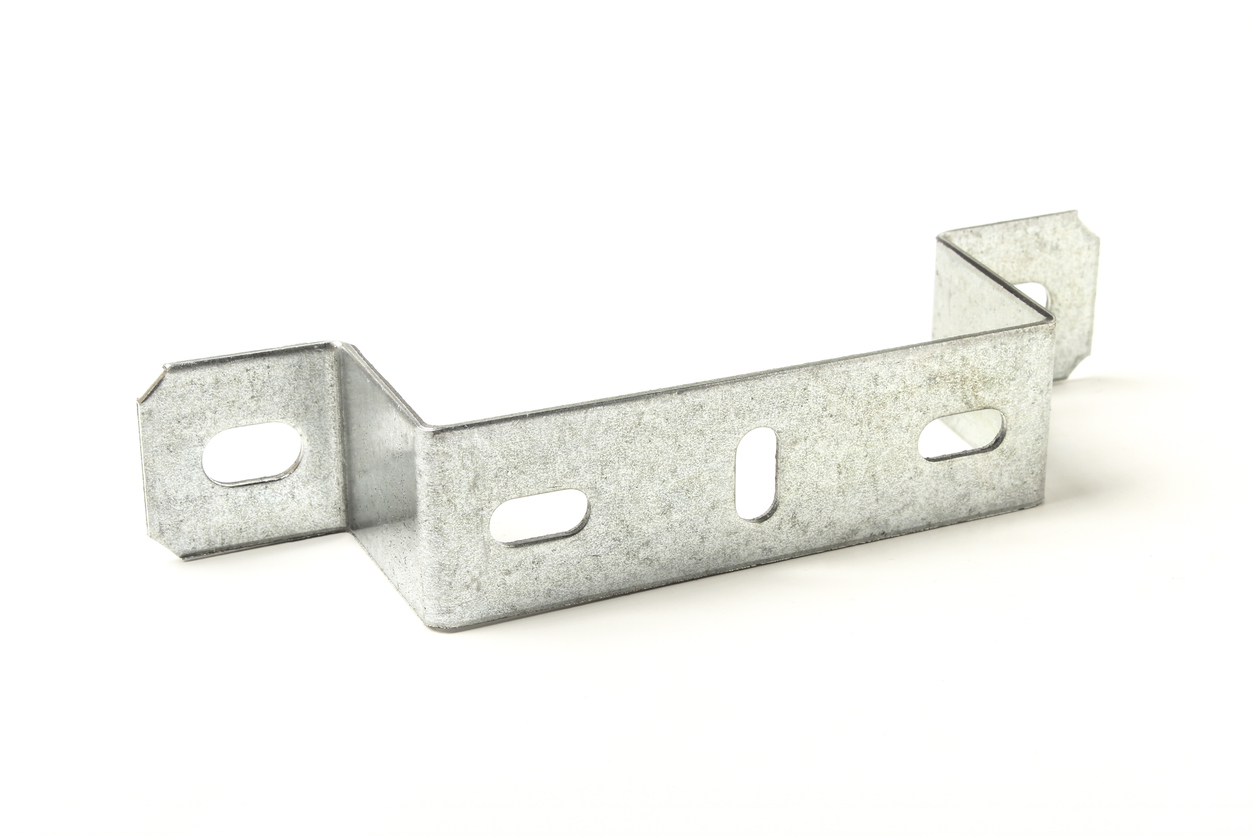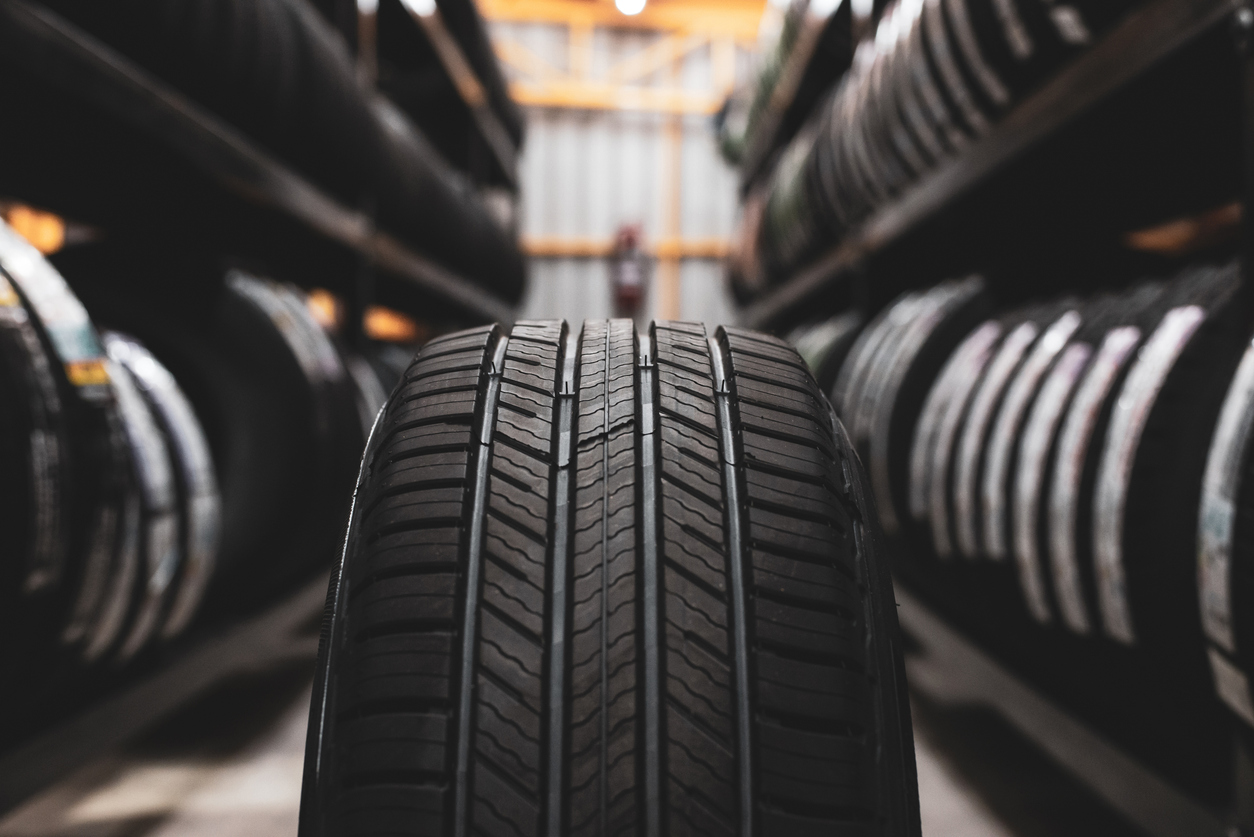6 Simple Tips for Buying and Exporting Cleaning Products from South Africa
6 Simple Tips for Buying and Exporting Cleaning Products from South Africa
You might know that South Africa is a world leader in the cleaning products industry, but do you know how to buy and export cleaning products from South Africa? If not, don’t worry – here are some helpful tips. If you want to sell or distribute cleaning products from South Africa in another country, there are various ways you can go about it. As a result of the extensive local production of cleaning products, many businesses are now looking to buy and export cleaning products from South Africa. There are several different routes to take when buying and exporting these goods: • You could become an agent for a supplier from South Africa. This would involve handling orders, invoicing customers and sending out packages on their behalf. Or…
Select the Right Suppliers
Before you begin buying and exporting cleaning products, you’ll need to find the right suppliers. Some cleaning products are available in almost every country, while others are very specific to one region. Therefore, it’s a good idea to find a supplier that will meet the demand in the market you are targeting. You can do this by searching online for South African cleaning product suppliers and also by attending trade shows in your region to meet potential suppliers. When selecting a supplier, make sure they offer products that are suited to your market. For example, what are the recommended uses, pH levels and ingredients of the products? What packaging is available? Are there any certifications or quality assurances that the supplier can provide? Also, find out if the supplier is able to provide consistent delivery dates, as you’ll have to factor in the lead times when you buy and export cleaning products from South Africa.
Find out the Requirements for Exporting from South Africa
Before you begin the buying process, you’ll need to find out the requirements for exporting from South Africa. You’ll need to be familiar with the export licensing requirements for these products. There are various types of export licences, ranging from general to highly specific. You’ll also need to find out if there are restrictions on the type of products you can export. For example, if you want to export a cleaning product that contains hydrochloric acid, you’ll need to find out the rules relating to this chemical. If you want to import and export cleaning products between South Africa and another country, you might need a permit. This is called a permit-controlled substance (PCS) licence. Some substances are more likely to require a PCS licence than others, depending on the risk they pose to workers and the environment. If you want to import a product that contains a PCS, you might need to get a permit from the Department of Health (DoH).
Export via an Import Agent
If you want to import and export cleaning products, you might want to consider using an import agent. Import agents can help you import cleaning products from South Africa and export the products to another country. Import agents can save you time, effort and money by sourcing goods from South African suppliers on your behalf. They can also handle customs duties, shipping and transportation. Import agents often specialise in importing certain goods, such as cleaning products, chemicals, food items and more. They should be able to get you the best deals on goods, while also following all the regulations and rules relating to importing goods from South Africa. When you export cleaning products with an import agent, you’ll usually be required to pay a percentage of the goods’ value. This is known as a commission. You’ll have to negotiate the percentage with your agent. When you use an agent to export goods, make sure you have a written contract with them. This contract should state the commission percentage, the payment terms and the expected delivery date. You should also make sure the contract states that the agent is responsible for adhering to the regulations and rules governing importing goods from South Africa.
Exporting with a Manufacturer’s Licence
One way to import and export cleaning products is to apply for a manufacturer’s licence. This licence gives you permission to buy raw materials, process them (e.g. modify the ingredients) and export the finished goods. Note that this licence doesn’t allow you to import raw materials; it only allows you to export the finished products. Before you apply for a manufacturer’s licence, you’ll need to find out what goods you can manufacture and export. You can do this by speaking with the Department of Trade and Industry (the DoT&I). You can also find out what raw materials you’re allowed to import to produce these goods. You’ll have to apply for a manufacturer’s licence with the DoT&I and, depending on the goods you want to export, you might have to undergo a product evaluation.
Exporting Through a Co-packing Facility
Another way to import and export cleaning products is to use a co-packing facility. A co-packing facility allows you buy ingredients, or have them imported, and then have them packaged together with your branding. You can then export these goods to your target market. Co-packing facilities are common among food and beverage companies, but some also offer cleaning product packaging. Make sure the facility you choose has experience packaging cleaning products and is able to meet your specific needs. If you want to import ingredients to use at the co-packing facility, you’ll have to apply for a permit from the DoH.
Become an Importer and Distributor of Cleaning Products from South Africa
If you want to sell or distribute cleaning products, you might want to buy the goods from South Africa and then sell them in your market. You’ll have to find the cleaning products that are suitable for your market, including the packaging and the ingredients. You can import cleaning products from South Africa by applying for an importer’s licence. This is a specific type of licence that allows you to import goods into the country. You’ll have to provide a detailed list of all the goods you plan to import. Once you’ve imported the goods, you can sell them locally or export them to your target market. Before you apply for an importer’s licence, make sure you’ve selected the right types of cleaning products. Note that you’ll have to pay customs duties for the goods you import.
Summary
Buying and exporting cleaning products from South Africa has become easier in recent years. This is thanks to the many benefits of sourcing from South Africa and the extensive regulation and standards that exist in the country. If you want to buy and export cleaning products from South Africa, you should select the right suppliers, find out the requirements for exporting from South Africa and then choose a route that best meets your needs. Remember, buying and exporting cleaning products from South Africa can take time, effort and patience, but it can be worth it in the end.








LEAVE A COMMENT
You must be logged in to post a comment.